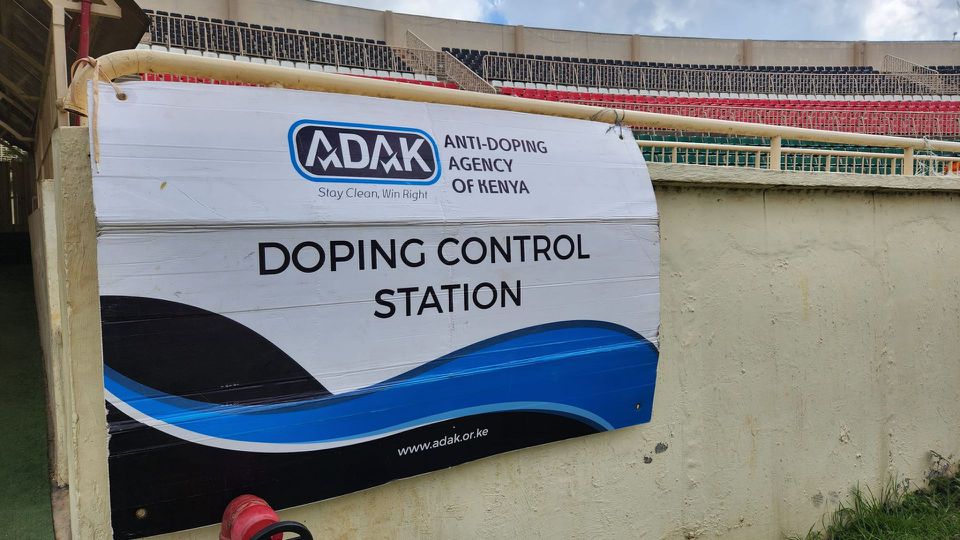Kenya faces the threat of exclusion from international competitions and hosting rights after the World Anti-Doping Agency (WADA) sanctioned the Anti-Doping Agency of Kenya (ADAK) for failing to comply with global anti-doping standards.
Following an audit carried out in May 2024, WADA found that ADAK had not addressed several critical requirements necessary to align with the WADA Code. As a result, Kenya has been given 21 days to lodge an appeal. If no appeal is filed, the sanctions will officially take effect on October 2, 2025.
The potential consequences are severe. Kenya would lose the right to host future international, continental, or regional championships, and its representatives would be barred from holding positions on WADA boards or committees. In addition, ADAK would be excluded from key WADA programs and funding streams.
This development comes at a delicate time for the nation. Kenya has submitted a bid to host the 2029 World Athletics Championships, a dream that now hangs in the balance. The sanctions would not affect events already allocated, nor the Olympic and Paralympic Games, but the reputational damage could be significant.
If ADAK fails to meet reinstatement conditions within six months of the sanctions, its testing and results management operations would be placed under third-party supervision, with all costs borne by Kenya. Should non-compliance persist for over a year, even the Kenyan flag could be barred from display at major international sporting events.
At the heart of the crisis is a funding shortfall. ADAK’s budget was slashed from Ksh288 million to Ksh20 million in the 2024–25 financial year, crippling its operations. The agency has struggled with basic expenses, including rent and internet connectivity, while testing programs have been severely limited. This is despite earlier promises by the government to allocate significant resources to fight doping, including a pledge of US$5 million annually for five years.
Kenya’s classification as a “Category A” nation those with a high prevalence of doping cases means stricter monitoring is applied. Failure to adequately fund and empower ADAK has now left the country on the brink of unprecedented sporting sanctions.
Unless urgent measures are taken to resolve the compliance issues and restore full funding, Kenya risks jeopardizing both its athletes’ participation on the world stage and its long-term ambitions as a global athletics hub.

